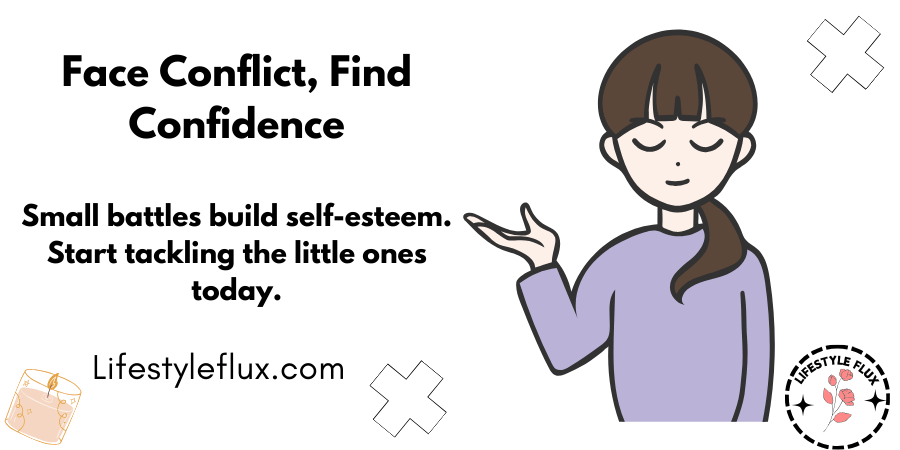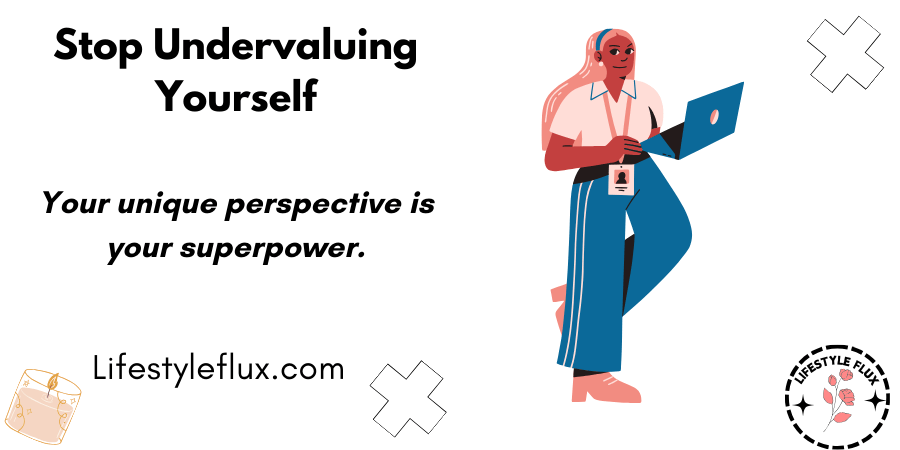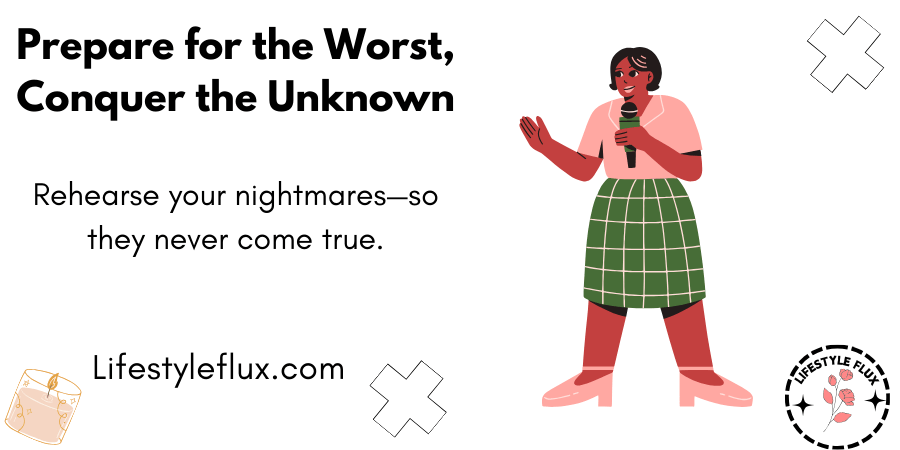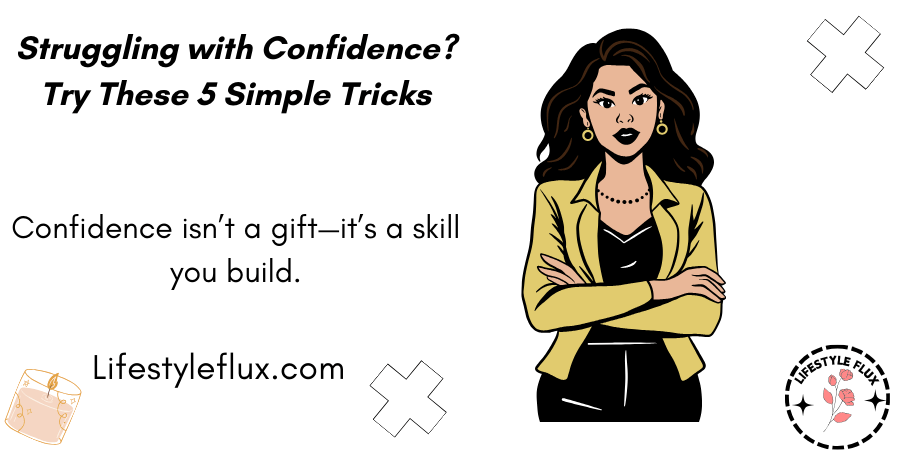Confidence isn’t something you’re born with—it’s something you build, brick by brick, through experience and mindset shifts. Struggling with confidence? Try these 5 simple tricks to strengthen your self-belief and take control of your life.
Whether it’s overcoming conflict, shifting your perspective, or standing up for yourself, the way you handle challenges determines how confident you feel. The good news?
Confidence isn’t as elusive as it seems. With a few simple adjustments, you can break free from self-doubt and start believing in your own potential.
Table of Contents
1. Conquering Conflict
Conflict and confidence don’t go well together. When something seems like it could go wrong, your fears are often your confidence. If something goes wrong, shame and guilt can have the same effect.
You might avoid conflict at all costs because conflict has so much negative potential.
But this mindset is keeping you from growing into a more confident person. We derive the most self-esteem from our ability to overcome obstacles.
Conquered conflicts show you exactly what you’re capable of, and those feelings of pride and triumph will boost your performance and motivate you to tackle new challenges.

You can easily grow your confidence by confronting and resolving small conflicts. It could be anything from an argument with a co-worker to a clash of personalities. It’s important to practice handling those little conflicts effectively.
Eventually, you’ll work your way up from minor issues to major ones, and by then, those conflicts won’t seem nearly as intimidating. Your fears will unravel, and your confidence will soar, giving you the tools to handle even the rockiest situations.
2. Partial Objectivity
How can someone be truly objective about their own life? Can you really remove all personal biases from any decision? Most people would argue that you couldn’t, and they’re probably right.
It’s impossible to make something 100% objective; everything you think or everything you know has been influenced by something. In fact, the person that you are is largely a product of the world around you.
Your parents and friends shaped your personality. Your school molded your interests; the entire framework you use to judge everything comes from somewhere. And this means you can never really remove yourself from any choice you make.
But it doesn’t hurt to try. Imagine you’re starting your first day at a new job, which is a higher position than you’ve ever had before. You’re determined to excel, but you’re nervous about making a good first impression.
You want to seem strong and confident, and you want your co-workers to like and respect you.

But all you’re feeling right now is anxiety and self-doubt. You’re convinced that they’ll see right through you when you step into that office. They’ll know exactly how scared you are, so how can objectivity help you make the ideal first impression?
Objective thinking will train you to block out your fears. You can free yourself from that swirling vortex of doubts and uncontrollable emotions.
Objectivity gives you a much-needed sense of control over your life because it shows you where you need to grow. In other words, being objective before your first day on the job will force you to change your perspective.
Instead of constantly worrying about how others will perceive you, you can reflect on how you see yourself.
Do you think you’re confident, and do you think you deserve their respect? Ultimately, your goal isn’t to anticipate the judgments of every person in the room. That’s unrealistic, even if you’re the most confident person in the world. There will always be people who want to criticize you.
It also helps to remember that everyone in the room has their own insecurities. None of them will judge you harder than you judge yourself because they already have enough to worry about. While you’re scared of looking insecure, they might be worried about appearing annoying or lazy.
So when I say be objective, I mean try to view yourself from the lens of one hypothetical person who isn’t you.
If you can satisfy that person, then you have nothing to worry about, but what’s the point of knowing all this if objectivity isn’t even possible? Well, that isn’t entirely true. You can’t be 100% objective, but you can be, let’s say, 80 or 75 percent.
Partial objectivity is way better than none. It still shifts your perspective, builds confidence, and relieves stress. Partial objectivity will still show you where you’re going wrong, but it really isn’t important to learn how to be completely objective immediately.
But don’t waste your time worrying about little biases here and there. The simple fact that you’re trying to look objectively at your life is often enough to change it.
3. Destructive Modesty
People who struggle with confidence frequently fail to see what they have to offer the world. This is especially common for new artists and entrepreneurs.
You look out on the thousands of professionals who carve their niche in the world, and you feel like you don’t belong. It seems like each one of them has a special something that you don’t know.

A message to send change they want to make, or maybe you have something you want to say. You’re just too worried about what other people will think about saying it. In certain situations, this kind of modesty isn’t terrible, but keeping yourself and your work in perspective is always beneficial.
It helps you manage expectations and relieve pressure, and it will help you stay humble in the face of failure.
But that same modesty will diminish your confidence and keep you from understanding your worth. It’s easy to look at all the other amazing people in your field and value what they have to offer.
But it’s much harder to feel the same way about something you’ve created. To build your confidence, remember that whatever you create will be one-of-a-kind whether you like it or not. Even if you have the same idea as someone else, the fact that it’s yours will completely change how it turns out.
Just look at all the different companies out there that make the same product or the artists that experiment with identical subject matter. You may not think you have anything to offer the world, but your unique perspective is plenty.
4. Prepare for Nightmares
Lack of confidence often stems from a fear of the unknown. You might feel out of control when you’re thrown into a new situation. You’re jumbled, old, and confused, which will destroy your self-esteem. You might feel paralyzed simply because you don’t know what’s waiting on the other side.
Here, take this example: you’re working an office job that you don’t really like. You always talk about how you want to pursue your dream in the arts. But there aren’t any openings. Suddenly, the ideal position opens up, and you can submit an application right away.
Yet, you let the opportunity pass you by; instead of pursuing your dream, you stick with the same old office job. Why? Because it’s easy and familiar, you know what’s expected of you and how to handle challenges.
Yes, you’ve always dreamed of having that position. But you don’t know if you can actually handle it, and you aren’t confident enough to dive headfirst into the unknown.

Luckily, there’s an easy trick to help you move past that fear you have to prepare for the worst possible situation. Start by visualizing it step by step, and you can even act it out if you want to.
The most important part is that you experience your biggest nightmare way ahead of time. After you’ve rehearsed your nightmare, you should figure out how to stop it from happening.
There’s nothing wrong with taking precautions; people often get scared that being cautious brings their fears to life. But that isn’t how it works. In fact, addressing your fears directly often stops them from impeding your performance.
So, for example, if you’re worried about messing up your speech, you should bring note cards with you.
Now, that doesn’t mean you’re doomed to go blank in the middle of your presentation. Having those note cards in your pocket will keep you from using them nine times out of ten.
In other words, taking precautions isn’t just a solution when things go wrong. It will also keep your nightmares from coming to life.
5. Defend Yourself
Your lack of confidence might come from the people around you. They might belittle your ideas or make you question your goals.
They can fill your head with so many doubts that your confidence falls by the wayside. It’s tempting to take what other people say as fact, especially if you have low self-esteem.
You might naturally assume that everyone knows what’s best for you better than you do. Let’s say, for example, that a classmate shoots down one of your ideas for a presentation.
Most people would believe them. They look down on their ideas and then hesitate to say anything else.
Instead of taking a leadership role, they fade into the background all because someone doesn’t like their idea. But why does one person’s opinion feel like such a big deal?
Well, when someone doesn’t like what you’re saying, it doesn’t seem like just one person. You wonder if everyone else is thinking the same thing.
Oftentimes, the spotlight effect will start to kick in, and you feel like you’re the center of every bit of negative attention.
You start to imagine all the critical things that people might say to you, and before long, you can’t even think about the project. Because you’re too worried about being judged, how do you turn this situation around?
How can someone else’s criticisms build your confidence instead of destroying it? When someone insults your ideas or goals, stand up for yourself. If you liked an idea enough to say it aloud, it’s worth defending.
Those doubtful voices in your head may not go away that easily, but it’s important that you actively believe in yourself.
This builds confidence by forcing you to value your own opinions more than other people’s. Yes, constructive criticism is important, but sometimes you need other perspectives to see something clearly.
But most of the time, your opinion matters far more than anyone else’s, so if you believe in something, don’t let anyone tear you down.
Conclusion:
Building confidence isn’t about eliminating fear—it’s about learning how to face it.
Every challenge you overcome, every time you stand up for yourself, and every risk you take strengthens your belief in your abilities. Confidence grows in small moments, from handling conflicts to preparing for the unknown.
The more you practice, the less power fear has over you. So start today. Take a step forward, no matter how small, and watch your confidence rise.
Sources:
https://hbr.org/2011/04/how-to-build-confidence
https://www.forbes.com/sites/francesbridges/2017/07/21/10-ways-to-build-confidence/#421844e23c59
https://www.liveyourtruestory.com/11-easy-ways-to-build-self-confidence/
https://www.entrepreneur.com/leadership/10-things-you-can-do-to-boost-self-confidence/281874

Founder and CEO of Lifestyleflux.com, I bring years of expertise in self-improvement, wellness, and personal development to help you lead a happier, more balanced life. Through practical insights, eBooks, and consultations, I share actionable strategies rooted in experience and a passion for empowering others to unlock their full potential.

